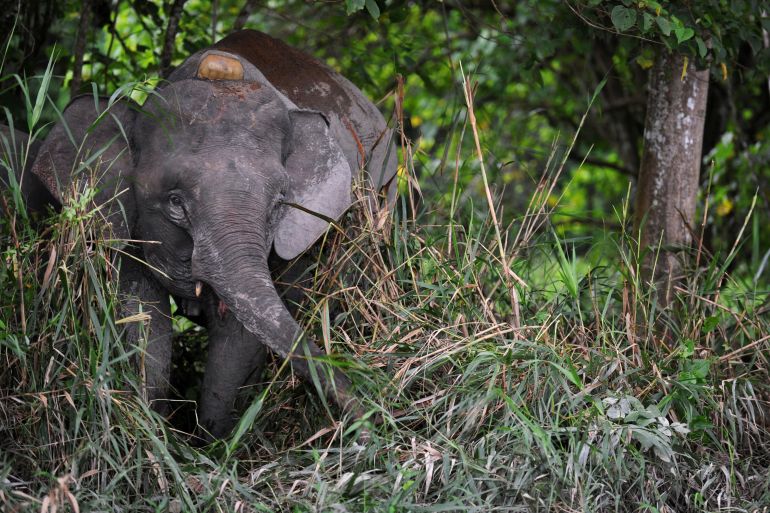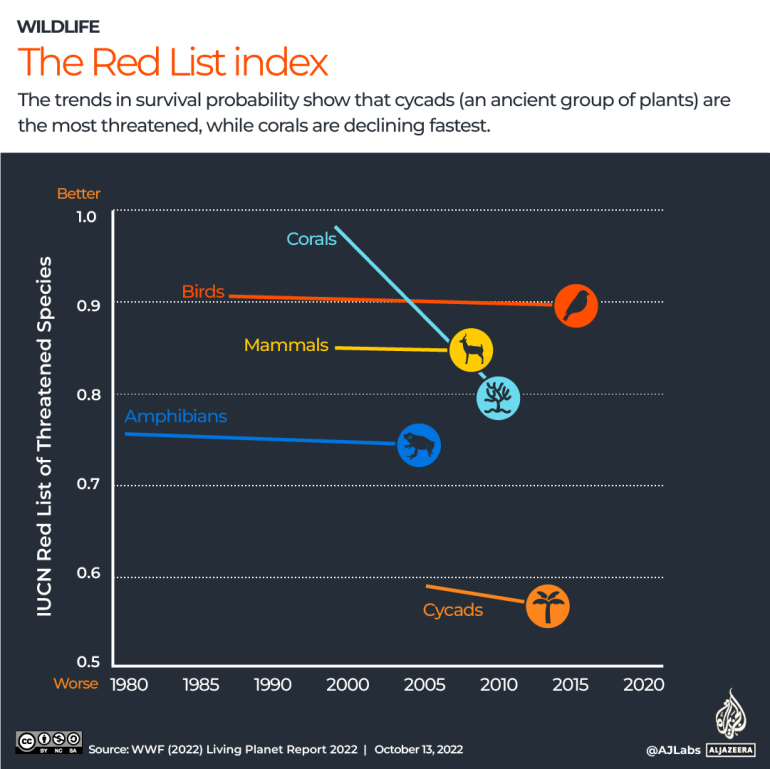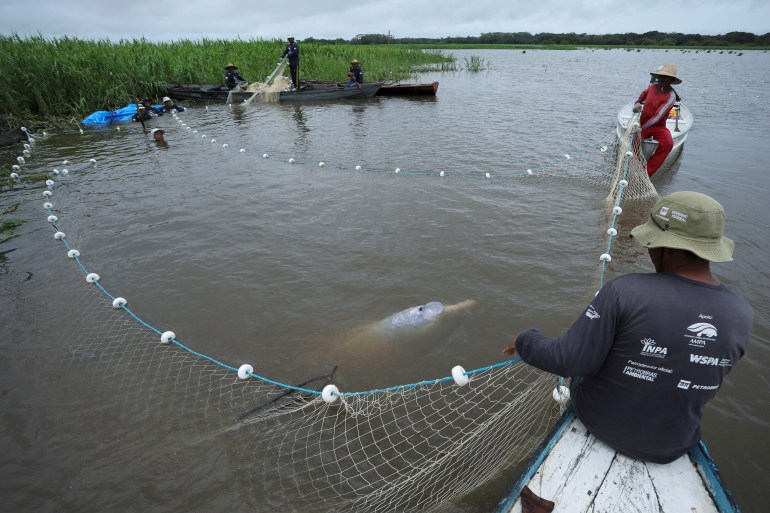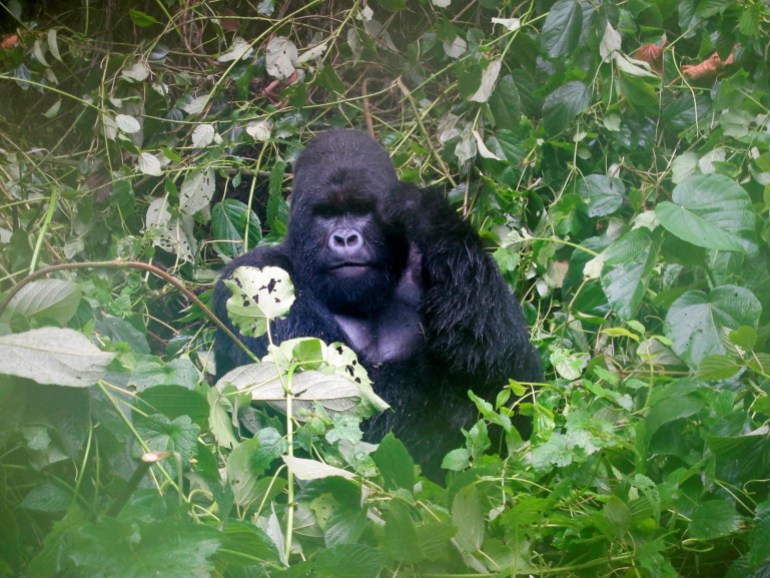‘Lights flashing red’ for wildlife amid 69% populations decline
WWF calls for urgent action as landmark report on wildlife populations shows ‘terrifying’ decline across the world.

The world’s wildlife populations have suffered a “devastating” decline in the past 50 years as humans have cleared forests and polluted the air, land and sea, according to World Wildlife Fund’s (WWF) latest Living Planet Report.
The landmark report (PDF), released on Thursday by WWF in collaboration with the Zoological Society London (ZSL), shows the relative abundance — the rate at which species’ population sizes are changing — of wildlife populations fell on average by 69 percent between 1970 and 2018.
Keep reading
list of 4 itemsIndia welcomes back cheetahs, 70 years after local extinction
Leopards snatching children as Kashmir man-wild conflict worsens
Ships must slow down to save endangered whales, US gov’t says
The findings were based on data from ZSL featuring almost 32,000 wildlife populations of 5,230 species from across the world.

The index “highlights how we have cut away the very foundation of life and the situation continues to worsen,” said Andrew Terry, director of conservation and policy at ZSL. “Preventing further biodiversity loss and restoring vital ecosystems has to be at the top of global agendas to tackle the mounting climate, environmental and public health crises.”
The report comes two months before world leaders convene for the long-delayed UN summit on biodiversity, known as COP15, which was moved to Canada as a result of China’s continuing COVID-19 restrictions. Noting the links between climate change and the loss of biodiversity, the report’s authors said the talks were a “last chance” to protect nature.
“The message is clear and the lights are flashing red,” WWF International Director General Marco Lambertini said in his foreword to the report, adding it presented some “terrifying figures”.

The report found some of the most biodiverse regions in the world, such as Latin America and the Caribbean had experienced some of the steepest declines in wildlife populations since 1970, with an average 94 percent drop in relative abundance. Populations in Africa saw average declines of about 66 percent, while in the Asia-Pacific it was 55 percent.
The biggest declines globally were seen in freshwater populations, which dropped by an average of 83 percent. Habitat loss and barriers to migration routes were responsible for about half the threats to monitored migratory fish species, it said.
The index showed wildlife — including the Amazon pink river dolphin, or boto, and oceanic shark and ray populations — suffering particularly steep declines in the past 50 years.
But it also showed conservation efforts had helped boost species such as loggerhead turtles in Cyprus and mountain gorillas in the Virunga Mountains along the northern border of Rwanda, the Democratic Republic of Congo and Uganda.
Urging further action, the report also stressed that the rights, governance and conservation leadership of Indigenous people and local communities around the world needed to be recognised and respected.
“We must see transformative systems change if we’re to halt and reverse nature loss and secure a flourishing future for people and nature,” WWF’s Lambertini said. “Government leaders must step up at COP15. The world is watching.”
